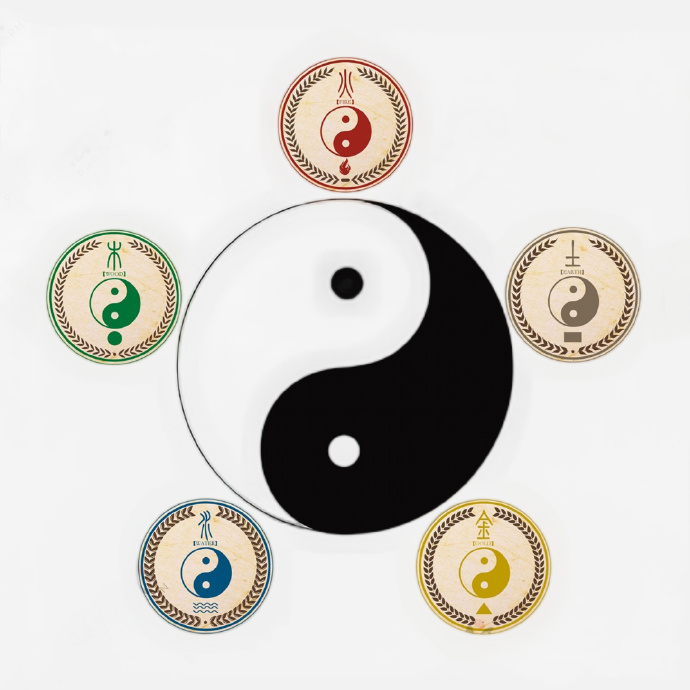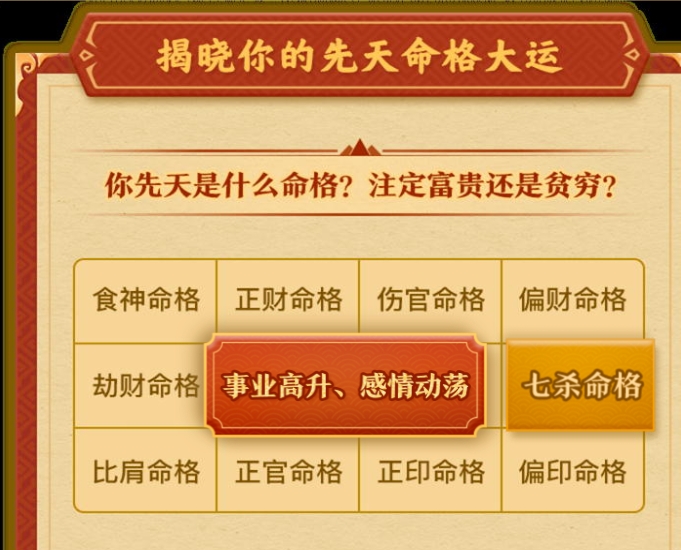How to Create an English Nickname Using Your Name?
Ever stared blankly at a registration form asking for an English nickname? You're not alone. Most non-native English speakers struggle with this seemingly simple task. But here's the good news creating an English nickname from your Chinese name isn't rocket science. Let me walk you through this step-by-step, using methods so easy even complete beginners can follow.
First things first, why even bother with an English nickname? Well, in today's globalized world, having an English name makes international communication smoother. It helps avoid pronunciation struggles and creates instant familiarity in professional settings. Plus, it's just fun to have an alternate identity!
Now, the most straightforward method is direct translation. Look at the meaning behind your Chinese name. For example, if your name is 林 (forest), you could go by "Forest" or "Woody". This maintains the essence of your original name while making it accessible to English speakers. Just be careful with translations some meanings might sound odd in English!
Another popular approach is phonetic matching. Take the sounds from your Chinese name and find similar-sounding English names. Zhang could become "John", Li might turn into "Lee". This method works particularly well for names with clear consonant-vowel structures. Play around with pronunciation until you find something that feels right.
For those wanting more creativity, try initial-based nicknames. Take the first letter of your Chinese name and find English names starting with that letter. Wang → William, Wei → Wendy. This gives you tons of options while keeping a connection to your original name. Pro tip: say potential names out loud to test how they feel.
Let's talk about cultural considerations. Some English names carry specific connotations like "Candy" might sound unprofessional. Stick to classic names unless you're aiming for something playful. Also, avoid names that are too long or difficult to spell. The goal is ease of use, not showing off vocabulary!

Now, what if you want something truly unique? Combine elements from different methods! Take part of your Chinese name's meaning and blend it with a similar sound. For example, 明 (bright) + "Ming" could become "Brighton". This hybrid approach gives you endless possibilities while maintaining personal significance.
Here's a practical exercise: write down your Chinese name, its meaning, and how it's pronounced. Then brainstorm using these methods:
- Direct translation options
- Phonetic matches
- Initial-based names
- Creative combinations
Common mistakes to avoid: choosing names that are too childish (like "Bunny"), names that sound like objects ("Apple"), or names that are hard to pronounce ("Xanthippe"). Also, steer clear of names that might cause confusion King" could be awkward in professional emails!
Let me share a real example. Take the name 王伟 (Wang Wei). Possible nicknames could be:
- Direct meaning: "Great" (from 伟)
- Phonetic: "Wayne" or "Wade"
- Initials: "William" or "Wendy"
- Creative combo: "Wesley" (blending the W sound with -ley ending)
Now, you might wonder how formal should the nickname be? That depends on usage context. For business, go traditional (Michael, David, Sarah). For casual settings, you can be more creative (Zack, Lex, Sky). The key is matching the nickname to how you'll use it most.

What about nicknames that don't connect to your Chinese name at all? That's totally valid too! Many people pick names they simply like the sound of. Just make sure it's a name that won't cause confusion or embarrassment later. Maybe avoid names of celebrities or fictional characters unless you're ready for the associations.
Here's something interesting you can test potential nicknames before committing. Try introducing yourself with the new name at coffee shops or to new acquaintances. See how it feels when people say it. Does it fit you? Does it roll off the tongue easily? This real-world testing is invaluable.
Let's tackle some frequently asked questions. "Can I change my nickname later?" Absolutely! Many people evolve their nicknames over time. "What if my chosen name is already taken?" Add initials or slight variations Mike L." instead of just "Mike". "How do I tell people about my new nickname?" Simply start using it and gently correct others when needed.
For those still stuck, here's a cheat sheet of popular English names that work well across cultures:
- Male: Alex, Ben, Chris, Daniel, Eric
- Female: Amy, Grace, Lily, Nina, Sarah
- Unisex: Casey, Jamie, Jordan, Taylor

Remember, your nickname should make you happy every time you hear it. It's not just about convenience it's about creating an identity you're comfortable with. Don't settle for a name that doesn't feel like "you", even if it seems practical. This is your personal brand we're talking about!
One last tip: say potential names while looking in the mirror. Sounds silly, but it works. If you can't imagine someone calling you that name with a straight face, it's probably not the right choice. The name should feel natural when you hear it and say it.
At the end of the day, there's no single "correct" way to create an English nickname. The best nickname is one that you'll actually use and enjoy. Whether it's closely tied to your Chinese name or completely different, what matters is that it serves your needs in English-speaking environments.
So go ahead - play with names, experiment, and have fun with the process. Your perfect English nickname is out there waiting to be discovered. And when you find it, you'll know instantly that it's the right fit. That moment of recognition makes all the name-searching worthwhile.